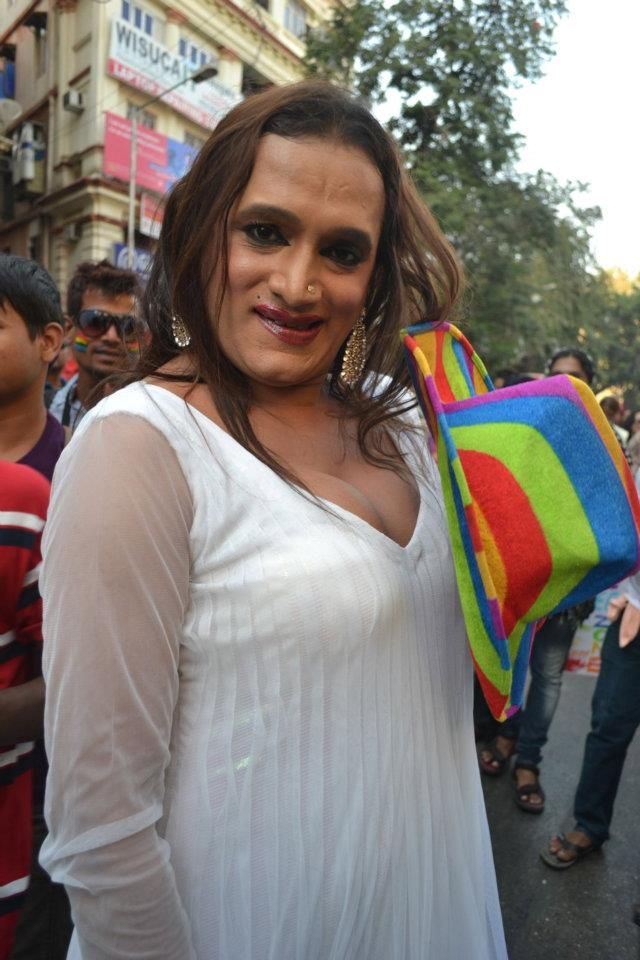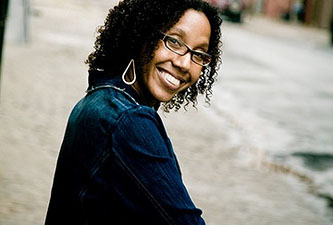In the media is a fortnightly round-up of features written by, about or containing female writers that have appeared during the previous fortnight and I think are insightful, interesting and/or thought provoking. Linking to them is not necessarily a sign that I agree with everything that’s said but it’s definitely an indication that they’ve made me think. I’m using the term ‘media’ to include social media, so links to blog posts as well as traditional media are likely and the categories used are a guide, not definitives.

We’re still deep in book awards territory this fortnight with a number of winners and shortlists being announced. Chimamanda Ngozi Adichie won the Bailey’s Best of the Best for Half of a Yellow Sun. The award prompted pieces from Alice Stride in The Bookseller, an editorial in The Guardian and Anna James on The Pool about why we still need the Bailey’s Prize.
Sarah Waters won Stonewall’s Writer of the Decade; Lydia Davis will receive The Paris Review’s Hadada Award 2016; Kerry Hudson won the Prix Femina for Translated Fiction; Roxane Gay won the PEN Centre USA Freedom to Write Award; Jacqueline Wilson won the JM Barrie Award
The shortlists include the eclectic, female dominates Waterstones’ Book of the Year Award, chosen by Waterstones’ Booksellers; The Guardian First Book Award which Catherine Taylor, one of this years judges, discusses, and The Young Writer of the Year Award (which not only has gender parity, but also an equal split between writers of colour and white writers).
Meanwhile, Arundhati Roy returned her National Award for Best Screenplay, she explains why in The Guardian and Heather Horn investigates why the Prix Goncourt has been awarded to a man 102 times and a woman 11 times on The Atlantic

Irish women have been speaking out about the Abbey Theatre where nine out of ten plays in its 2016 centenary programme are written by men. Emer O’Toole writes about the reaction in The Guardian and Ellen Coyne in The Irish Times while Dr Susan Liddy, academic at the University of Limerick, writes ‘Women and the Irish film industry‘ to The Irish Times.
And if you only read one thing from this fortnight’s list, I highly recommend Jacqueline Rose’s essay, ‘Bantu in the Bathroom: on the trial of Oscar Pistorius‘ in The LRB.

The best of the rest:
On or about books/writers/language:
- Sinéad Gleeson, ‘The books that understand female friendship‘ on The Pool
- Tara Sparling, ‘I Hate Women’s Fiction And I’ll Tell You Why‘ on Tara Sparling Writes
- Samantha Gualito, ‘My Recent Experiences at Literary Events as a PoC‘ on Bookriot
- Natalka Sniadanko (trans. Jennifer Croft) ‘Literature as last bastion: on suppression, solidarity and language in Ukraine‘ in The Guardian
- Alissa Quart, ‘Why Doesn’t America Have An Elena Ferrante?‘ on Buzzfeed
- Sarah Perry, ‘East Anglia has “never quite stopped thinking of itself as a Kingdom”‘ on Writers Centre, Norwich
- Eleanor Fitzsimmons, ‘Maeve Brennan‘ on Thresholds
- Huma Qureshi, ‘Writers on the pain of hindsight in publishing: ‘It’s like a bad breakup – you have to move on’‘ in The Guardian
- Sarah Galo, ‘Margaret Atwood: ‘In Tolkien, there are hardly any women at all’‘ in The Guardian
- Helen MacKinven, ‘Writing Black Comedy‘ on Women Writers Women’s Books
- Alice Kelly, ‘An unknown First World War story by Edith Wharton‘ on The TLS
- Katherine Lampe, ‘The Greatest Author You’ve Never Read‘ on Rewriting Mary Sue
- Rachel Cooke, ‘There’s more to Patricia Highsmith than Ripley‘ in The Guardian
- Sunny Singh, ‘On Teaching Creative Writing as a Woman of Colour‘ on Sunny Singh Online
- Dawn Foster, ‘I Love Dick is one of the most important books about being a woman – no wonder it’s being dismissed‘ in The Independent
- Lucy Scholes, ‘The Hidden Life of Hotels‘ on the BBC
- Linda Rodriguez McRobbie, ‘The Badass Lady Pilot Who Revolutionized the Art of Food Writing‘ on Mental Floss
- Helen O’Hara, ‘JLaw and Katniss Everdeen, and what they mean for young women‘ on The Pool
- Dodie Bellamy, ‘Digging Through Kathy Acker’s Stuff‘ on Literary Hub
- Jill Dawson, ‘Death and Texas: A journey into Patricia Highsmith‘ on the Royal Literary Fund
- Lisa Hayden, ‘On Translating an “Untranslatable” Book‘ on Literary Hub
- Ellen Banda-Aaku, ‘Please don’t air brush African teen fiction‘ in The Guardian
- Lorrie Moore, ‘Why We Read and Write Short Stories‘ on Literary Hub
- Meredith Jaffe, ‘Middlebrow? What’s so shameful about writing a book and hoping it sells?‘ in The Guardian
- Herta Muller (trans. Jennifer Stern), ‘On the Poetry (and Prisoner’s Life) of Liu Xia‘ on Literary Hub
- Casey N. Cep, ‘Called Back‘ (on Emily Dickinson) on The Paris Review
- Chibundu Onuzo, ‘What I read growing up in Lagos‘ in The Guardian
- Emily Gould, ‘I Love Dick: the book about relationships everyone should read‘ in The Guardian
- Audrey Niffenegger, ‘The night is dark and full of terror…‘ on The Pool
- Marie-Helen Bertino, ‘When Andre Agassi Made Me a Woman (and a Writer)‘ on Literary Hub
- Gloria Steinem, ‘By the Book‘ in The New York Times
- Christine L. Corton, ‘Beyond the pall … how London fog seeped into fiction‘ in The Guardian
- Linda Grant, ‘Obama is right: reading is what connects us to others – even a French puffin‘ in The Guardian
- Kate Tuttle, ‘What Do Writers Owe Readers?‘ on Literary Hub
- Chris Power, ‘A brief survey of the short story: Silvina Ocampo‘ in The Guardian
- Jennifer Croft, ‘When an Author You Translate Gets Death Threats‘ on Literary Hub
- Margaret Atwood, ‘Canada: Time in the North‘ in Harper’s Bazaar

Personal essays/memoir:
- Jenny Diski, ‘Who’ll Be Last‘ in The LRB
- Misti Traya, ‘How does an American make friends in England?‘ on The Pool
- Simone Gorrindo, ‘Tiny Little Messes‘ on Vela
- Diana Athill, ‘Lessons‘ in Granta
- Jean Hannah Edelstein, ‘The joy of making a brilliant friend online‘ on The Pool
- Lisa Kolb, ‘The condolences end. Being a widow doesn’t.‘ in The Washington Post
- Christina Tesoro, ‘Firsts— On Lusty Wrong Feelings and Falling in Love‘ on Medium
- Jamilah Lemieux, ‘I Forgot To Find My Husband At A Black University‘ on Buzzfeed
- Shamala Gallagher, ‘On Shining and Staring / On Ruin‘ in The Offing
- Rosie Leonetti, ‘For a Single Mother, an Alternate Reality‘ in The New York Times
- Marisa Bate, ‘Why no-frills walking is the best kind of walking‘ on The Pool
- Meaghan O’Connell, ‘Being a Parent Makes Chores Seem Like Fun‘ in The Cut
- Vanessa Vitiello Urquhart, ‘“Why Won’t Vanessa Get Pregnant?”‘ on Slate
- Hermione Hoby, ‘My Haunted Honeymoon: on Getting Punched by the Ghost of Frieda Kahlo‘ on Literary Hub

Feminism:
- Rose Hackman, ‘‘Women are just better at this stuff’: is emotional labor feminism’s next frontier?‘ in The Guardian
- Ann Friedman, ‘The Pope and Netflix Like Maternity Leave for the Wrong Reasons‘ in The Cut
- Sofie Hagen, ‘I hate women. You know the ones: skinny, blonde, who know nothing about football‘ in The New Statesman
- Maya Goodfellow, ‘Exploiting Feminism for Profit‘ on Media Diversified
- Fariah Roísín, ‘In My Image‘ on Maisonneuve
- Lynn Enright, ‘Unravelling the damaging, unhelpful myth of “having it all” ‘ in The Pool
- Rose Eveleth, ‘Why Are Sports Bras So Terrible?‘ on Racked
- Geraldine Bedell, ‘Germaine Greer: still fiery, still outspoken: the feminist lioness‘ in The Guardian
- Amelia Gentleman, ‘‘It was the scariest thing I’ve ever done’: the Irish women forced to travel for abortions‘ in The Guardian

Society and Politics:
- Nilita Vachani, ‘The Strange, True Story of How a Chairman at McKinsey Made Millions of Dollars off His Maid‘ in The Nation
- Julia Carrie Wong, ‘The Bay Area Roots of Black Lives Matter‘ in the San Francisco Weekly
- Anna Pulley, ‘Why I’m Not Buying This Study That Claims All Women Are a Little Gay‘ in The Cut
- Michelle Goldberg, ‘Men Explain Hillary to Me‘ on Slate
- Elif Shafak, ‘‘Nationalist and religious extremists are the beneficiaries of cultural boycotts’‘ in The Guardian
- Radhika Sanghani, ‘‘White girls only’: The racist reality of student night life in Britain‘ in The Telegraph
- Beluah Maud Devaney, ‘So many Brits now live abroad that they’re causing immigration debates. Oh, the irony‘ in The Independent
- Lynsey Addario, ‘The Displaced: Hana‘ in The New Yorker
- Valeria Luiselli, ‘Trespassers on the rooftops: a secret history of Mexico City’s cultural revolutionaries‘ in The Guardian
- Kathryn Schulz,’What We Think About When We Run‘ in The New York Times
Film, Television, Music, Art and Fashion:
- Katie Anderson Howell, ‘Taking Comfort in Futurama‘ on The Rumpus
- Deborah Orr, ‘Forget the V&A – shouldn’t Thatcher’s acolytes be trying to monetise her power suits?‘ in The Guardian
- Phoebe Robinson, ‘How Daria Shaped a Generation of Women (Especially This Black Lady)‘ on Vulture
- Gia Milinovich, ‘Would you ditch a handbag for proper pockets?‘ on The Pool

The interviews:
- Marilynne Robinson in The Observer
- Fiona Barton in The Bookseller
- Spike Trotman in The Guardian
- Laura Kipnis in The Cut
- Audrey Niffenegger in The Independent
- Karen E. Bender on Literary Hub
- Gillian Flynn in Stylist and The Sunday Times (£)
- Phyllis Nagy (on Patricia Highsmith and the film of Carol) in The Guardian
- Peggy Riley on Rebecca Mascull’s Blog
- Katy Wix in The Guardian
- Attica Locke in Litro
- Hannah Rothschild in The New York Times
- Francesca Lia Block in Luna Luna
- Edna O’Brien in The Irish Times and The New Statesman
- Miranda July in The Guardian
- Tara Ison on Electric Literature
- Elizabeth Gilbert on Literary Hub
- Jenny Diski in The Guardian
- Elissa Washuta on Literary Hub
- Bee Rowlatt in The Guardian
- Kristin Hersh on Electric Literature
- Nuala O’Connor in The Irish Times
- Margo Jefferson in The Guardian
- Joanna Walsh in Numéro Cinq
- Jill Bialosky onBookslut
- Frieda Hughes in The Telegraph
- Patricia Cornwell in The Guardian
- Sarah Einstein on The Rumpus
- Kate Beaton in The Independent
- Robin Talley in The Guardian
- Carrie Brownstein on Flavorwire
- Franca Simpson (founder of Calisa Press who only publish work by female Italian writers) in The London Magazine
- Doireann Ní Ghríofa on Emerging Writer
- Mary Gaitskill in The New York Times

The regular columnists:
- Laurie Penny in The New Statesman
- Lucy Mangan in Stylist
- Roxane Gay in The Guardian US
- Yasmin Alibhai-Brown in The Independent
- Caitlin Moran in The Times
- Lauren Laverne in The Pool
- Ella Risbridger in The Pool
- Sali Hughes in The Pool
- Bim Adewunmi in The Guardian
- Sophie Heawood in The Guardian
- Eva Wiseman in The Observer
- Tracey Thorn in The New Statesman
- Chimene Suleyman and Maya Goodfellow on Media Diversified


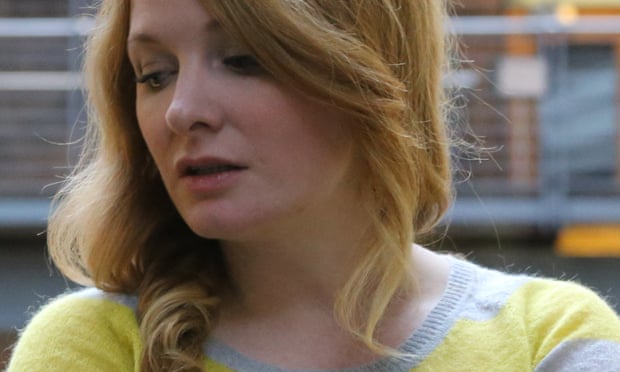


















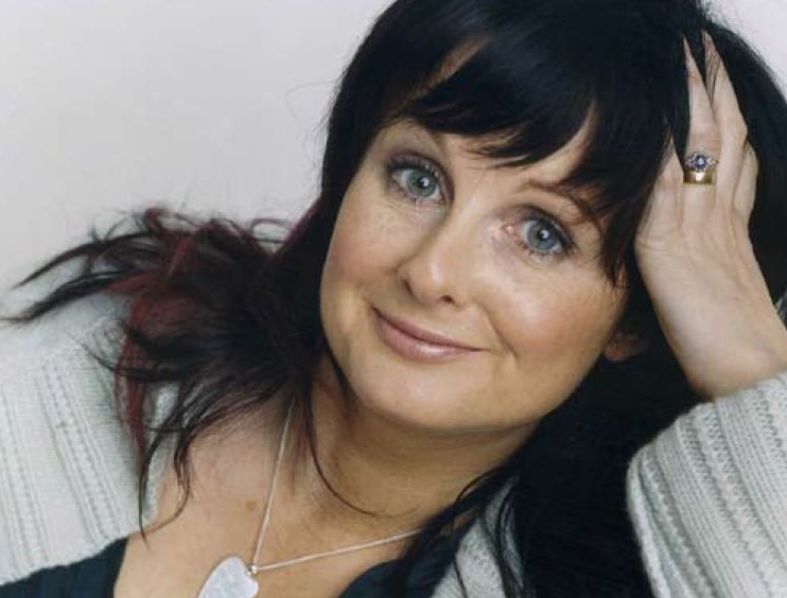

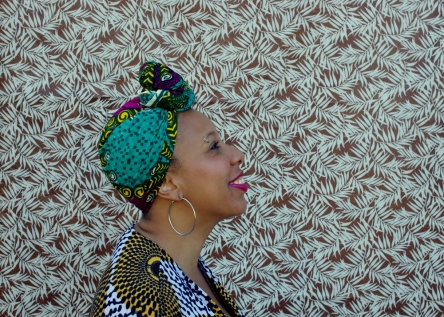 Photograph by Kwesi Abbensetts
Photograph by Kwesi Abbensetts

 Two excellent UK prizes – the
Two excellent UK prizes – the 
























